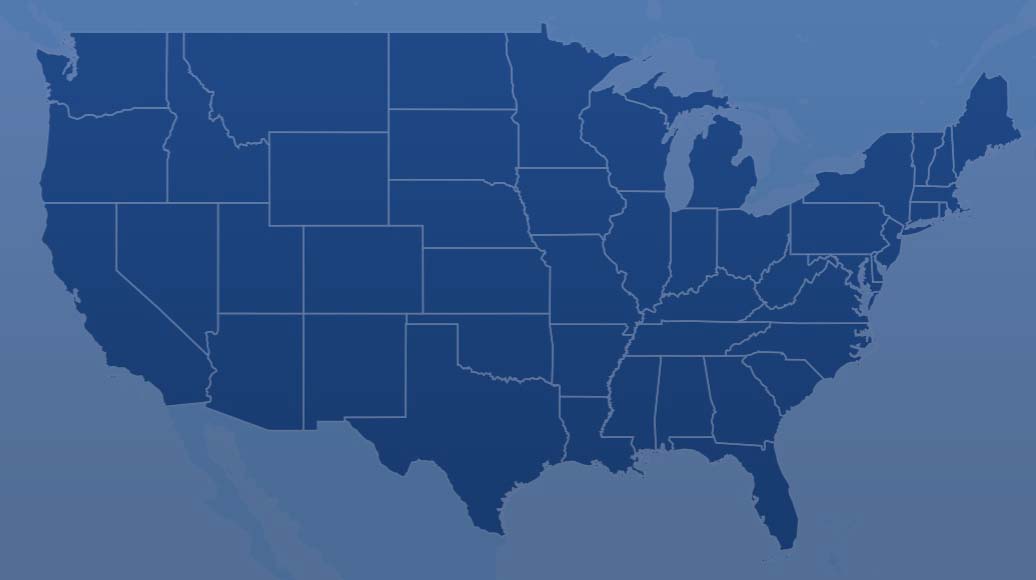
Un sitio web oficial de la Organización de Innovación Biotecnológica
¿El tratamiento con anticuerpos monoclonales es lo mismo que una vacuna? De no ser así, ¿cuál es la diferencia?
Los tratamientos con anticuerpos monoclonales no son lo mismo que las vacunas. Los anticuerpos monoclonales son medicamentos que administran directamente anticuerpos artificiales contra un virus a su cuerpo para ayudar a combatir las infecciones. Para tratar el virus del Covid-19, la FDA aprobó dos tratamientos con anticuerpos monoclonales para uso de emergencia – el bamlanivimab y el cóctel de anticuerpos casirivimab e imdevimab. Estos tratamientos se administran a los pacientes por vía intravenosa y atacan la proteína del pico natural que se encuentra en la superficie del virus del Covid-19. Por lo general, los anticuerpos solo duran unos pocos meses.
También se está estudiando si los anticuerpos monoclonales pueden usarse para prevenir infecciones. Sin embargo, no es probable que la protección de un anticuerpo monoclonal dure tanto como la protección de una vacuna.
Las vacunas funcionan de manera diferente. Invitan a que su sistema inmunológico "aprenda" sobre el virus y desarrolle defensas más duraderas contra éste, incluyendo la producción de anticuerpos naturales.
Para obtener más información sobre qué es una vacuna, haga clic aquí.
Para obtener más información sobre las vacunas de ARNm de Pfizer-BioNTech y Moderna, haga clic aquí.


